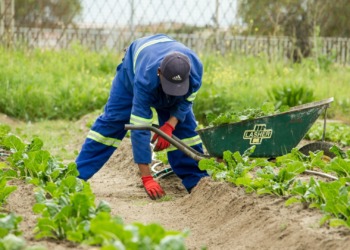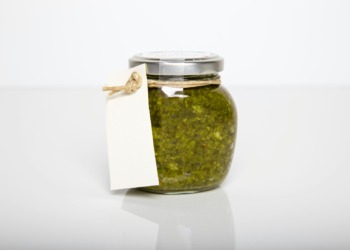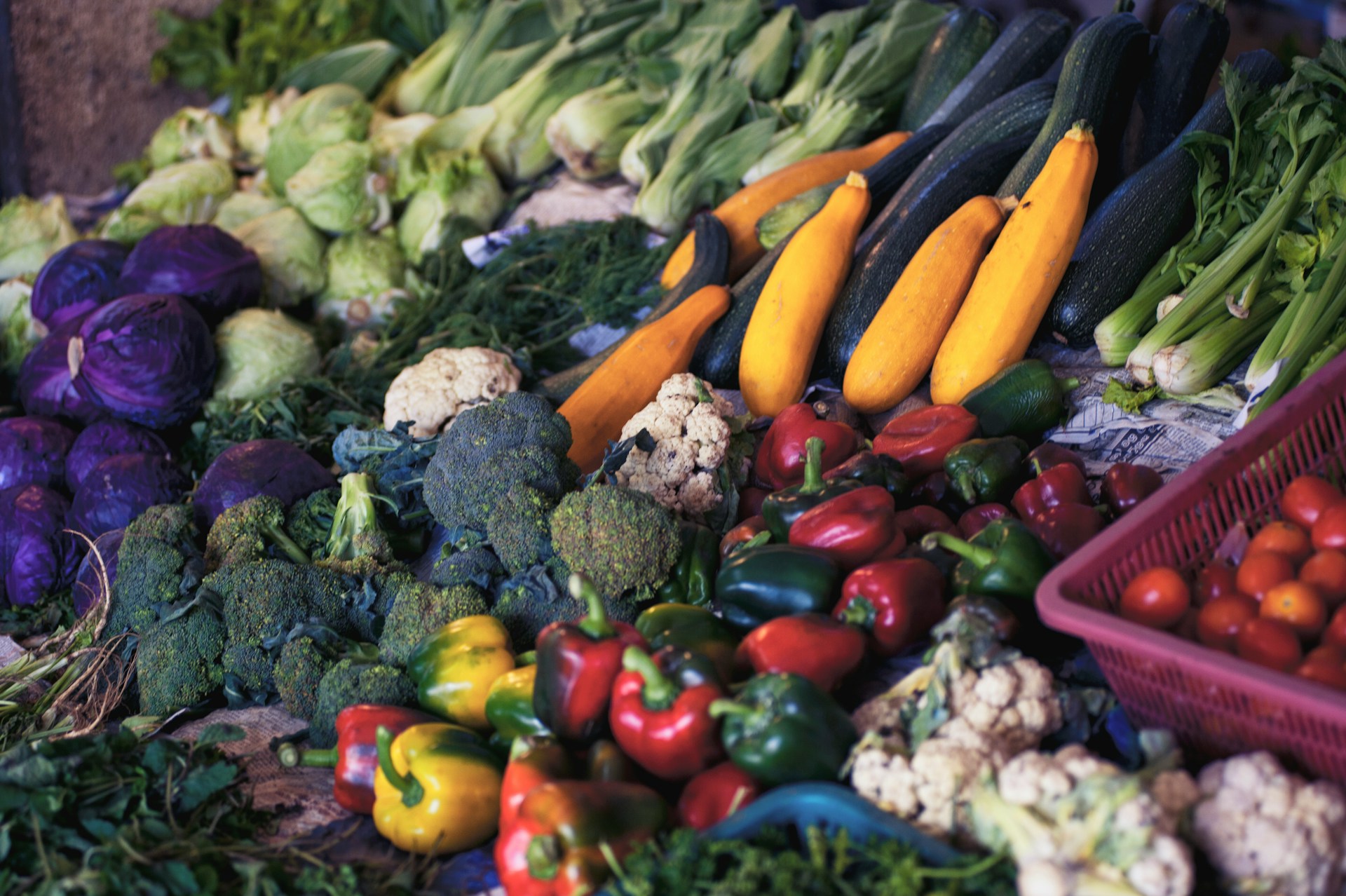Consumers today want what they want, when they want it, and how they want it. We’ve grown accustomed to ordering items online and shipping them right to our front doors in just a few days. Especially in the height of the pandemic, buying in-store lost its convenience for us. Now, we’d much rather receive our items with clicks of just a few buttons, interacting with other humans is overrated anyway!
Meet Proteus, Sparrow, and Hercules!
They are part of Amazon’s robotics system that assist our employees in the fulfillment process to get packages to customers faster. pic.twitter.com/ozIonRWmLs
— Amazon (@amazon) November 11, 2022
This shift toward custom ordering and shipping is proving to be detrimental in the fight against overproduction and consumption. The modern consumer is even more demanding, and Earth is losing its capabilities to keep up with our needs.
An Exponential Arch
Since the beginning of time, we’ve only pushed our limits when it comes to consumption. Thankfully, we’ve developed past the need to hunt for our food and can now purchase it at a grocery store. But just how did we get here, and did we jump too quickly into the next steps?
Undoubtedly, consumerism has grown since the first recorded transactions by the Mesopotamians in the years up to 8000 BC. Trading and bartering were common during this time, but people were frugal with their goods and currency. Transactions were rational and planned.
Today, we’ve developed the technology to purchase with credit cards, cryptocurrency, or the tap of our phones. Transactions occur rapidly, with little thought behind them. Not only do computers process payments at a faster speed, but consumers spend less time considering purchases. The mindset has shifted from, “This product is necessary for my survival,” to “I’ll buy this just in case I ever use it.”
Frenzied consumers have increased throughout COVID when certain products were out of stock and our safety felt threatened. Shoppers are hesitating less about purchases and buying products even when it’s not necessary.
Related Articles: Fast Fashion’s Greatest Perpetuators | Fast Fashion Desolates Our Future: Do You Shop to Salvage or Sabotage?
Earth’s Perspective
This type of reckless consumerism is taking a toll on our planet. The earth is struggling to sustain our greedy lifestyles and will not hold on for much longer. We’re already seeing the effects of pollution and climate change; these will only worsen if we continue along the same path.
Overconsumption is killing the planet.
Pass it on.
— Greenpeace UK (@GreenpeaceUK) November 25, 2022
And now with the increased popularity of front-door shipping, not only does the earth take on pollutants from the factors of production, but also must support individualized transportation. The pressure we are placing on our planet continues to increase, and at a rapid rate.
Smart Shoppers Save Money and Our Earth
The easiest way to slow the rate of Earth’s deterioration would be to decrease our demands for it. By individually minimizing unethical purchases including plastic, petroleum, fast fashion, and meat products, consumers ease the strain on our environment.
However, there is more to be done by businesses and corporations. All production must be eco-friendly, meaning it positively impacts the environment and does not add to pollution. Product packaging must be recyclable, and transportation should be as environmentally economical as possible. But companies will only make these changes when they believe it will benefit them financially. Becoming more stubborn with your money and less rash with purchases shows businesses you mean business!
If consumers collectively made smarter decisions when shopping by purchasing less, less often, and with more rationale, companies would be forced to look at their business models and adapt them to their target’s needs.
The time to become a smart and savvy shopper is now.
Editor’s Note: The opinions expressed here by Impakter.com columnists are their own, not those of Impakter.com. — In the Featured Photo: Unconscious Consumer. Featured Photo Credit: Freestocks.










